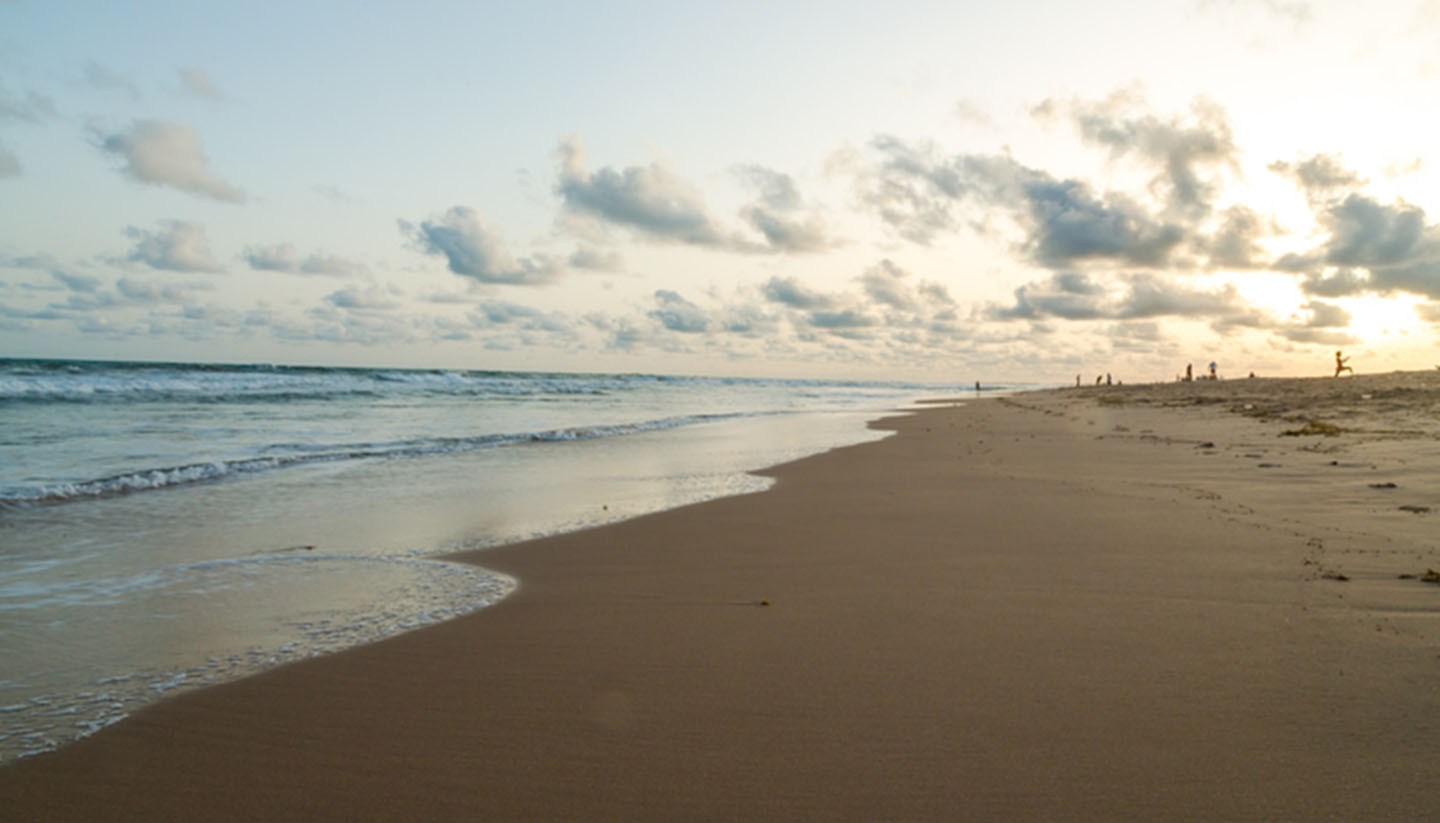Benin History, Language and Culture
History of Benin
Benin was the seat of one of the great medieval African kingdoms. During the 13th century, the indigenous Edo people were run by a group of local chieftains. However, by the 15th century, a single ruler, known as the oba, had asserted control.
Under the dynasty established by Ewuare the Great, Benin's territory expanded to cover a region between the Niger Delta and what is now the Nigerian city of Lagos. The obas brought great prosperity and a highly organised state to Benin.
French colonisation came in 1872 and in 1904 the territory was incorporated into French West Africa as Dahomey. In 1958, it became the République du Dahomey, self-governing within the French community and gained full independence from France on 1 August 1960.
A succession of military coups brought about many changes of government; the last of these brought to power Major Mathieu Kérékou. The new ruler, who was at the head of a regime professing strict Marxist-Leninist principles, remained in power until the beginning of the 1990s, when the Kérékou government introduced a new democratic constitution and held presidential and legislative elections.
It made Benin the first African country to successfully effect the transition from dictatorship to a pluralistic political system where the president heads the government, the state and the military, and appoints members of the cabinet. Kérékou's principal opponent at the presidential poll, and the ultimate victor, was then Prime Minister Nicéphore Soglo.
Political newcomer Yayi Boni won the second round of presidential elections in 2006, gaining roughly three quarters of the vote. He went on to win re-election without a runoff vote in 2011, the first president to do so since the reestablishment of democracy in 1991.
Did you know?
• Though Benin has been a French colonial possession for much of its recent history, Ouidah’s São João fort remained Portuguese territory from 1721 until 1961.
• The capital since 1900, Porto Novo actually has three names. It is also known as Adjatche and Hogbonou.
• Benin has never won an Olympic medal, in either the summer or winter games.
Benin Culture
Religion in Benin
35% animist/traditional, 35% Christian (mainly Roman Catholic) and the majority of the rest are Muslim.
Social Conventions in Benin
Normal courtesies are appreciated; it is customary to shake hands on arrival and departure. However, religious beliefs play a large part in society and these should be respected. Voodoo is perhaps the most striking and best-known practice, and has acquired considerable social and political power. Only priests can communicate with voodoos and spirits of the dead. If travelling, it is advisable to clear itineraries with district or provincial authorities. Casual wear is acceptable in most places.
Language in Benin
The official language is French. However, many ethnic groups have their own languages: Bariba and Fulani are spoken in the north, Fon and Yoruba in the south. Some English is also spoken.


